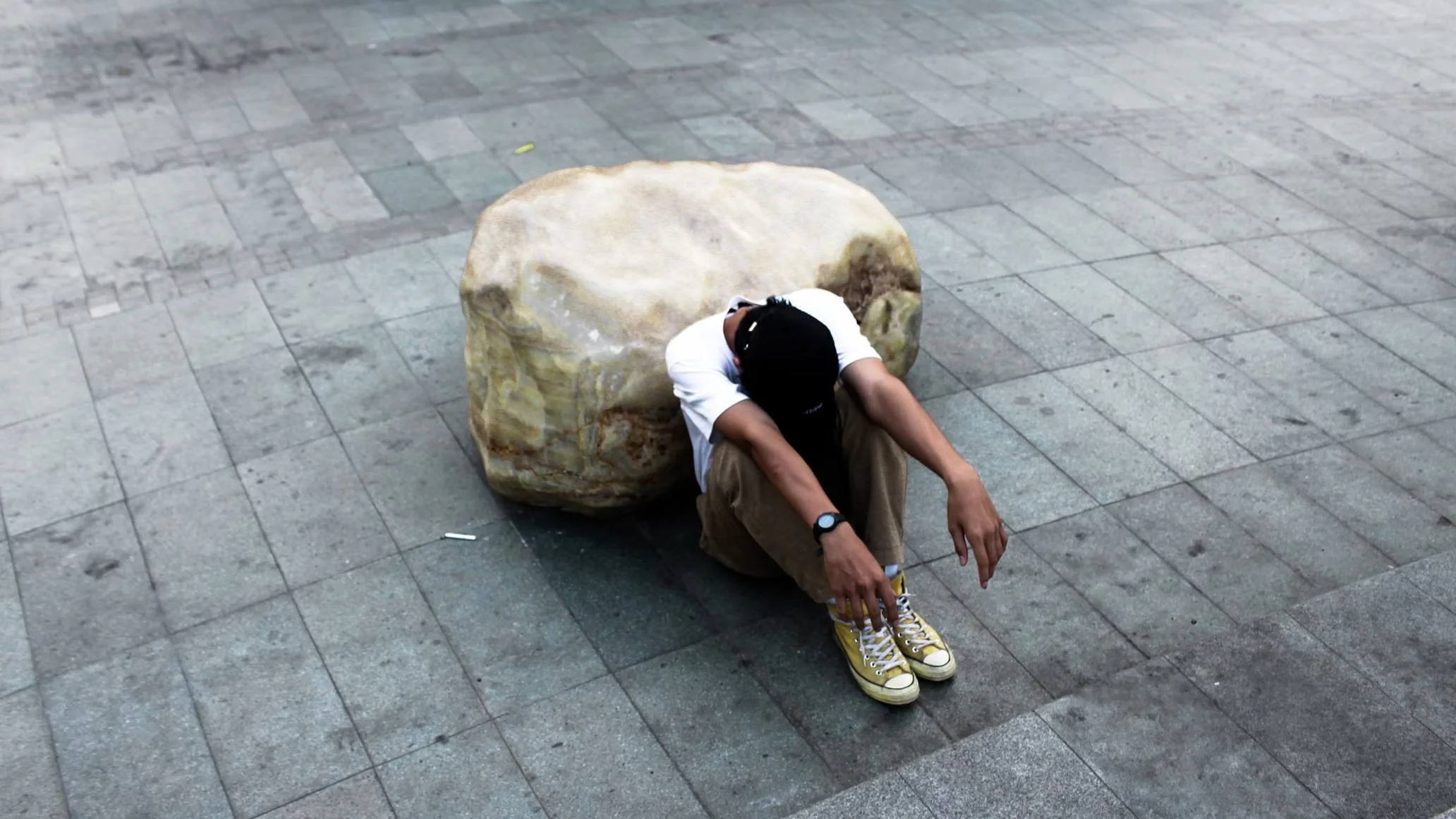Down, but not quite depressed?
It’s hard to know if you’re depressed. I mean, US physicians go through 7 years of training after college to learn how to diagnose and treat the condition. Symptoms are highly variable, and include:
Fatigue
Loss of interest or pleasure in activities
Trouble falling asleep, staying asleep, or sleeping too much
Poor appetite or overeating
Trouble concentrating
Feeling hopeless
Moving or speaking so slowly others have noticed
Feeling like you would be better off dead
Recognizing these (and other) symptoms of depression is a crucial first step toward healing. If you notice these symptoms lasting for more than two weeks, it’s important to acknowledge them as signs of a medical condition rather than a personal failure. Depression and anxiety are not weaknesses. They are the result of a biochemical imbalance in your brain, which can be managed and corrected. You are not alone.
Getting out of the slump
Coping with depression involves a combination of strategies that address both emotional and practical needs. Self-reconciliation—accepting your feelings and holding hope for the future—can help reduce negative emotions. Allow yourself to feel what you’re experiencing without judgment, and remember that it’s okay to seek help. Journaling can be a powerful tool for tracking your moods, expressing emotions safely, and identifying patterns or triggers in your daily life. This practice can lead to greater self-awareness and healthier thought patterns for some people. You may not be ready to seek out professional care, or may not know where to look for it, but options like betterhelp.com offer easily accessible, web-based, psychiatric care. The advantages of programs like BetterHelp are that therapists accommodate your hectic schedule, the costs are reimbursable through many HSA accounts! Many people find benefit after only a few weeks and don’t need ongoing support when life gets back on track.
Whether you seek out therapy support or not, taking action is a key strategy. Engaging in physical activity helps many people suffering from depression by stimulating the release of endorphins and other neurotransmitters which lift your mood. Picking up an activity can be something as simple as a daily walk, taking the stairs at work, or for the adventurous it could mean checking out group exercise programs. Creating social connections—whether by reaching out to friends, joining a group, or volunteering—can combat loneliness and provide valuable support.
Join a book club
Volunteer at an animal shelter
Find a community wellness event, like supporting the neighborhood garden or participating in local cleanups
Search for a local hobby or craft group in your area (knitting, pottery, photography, dancing, singing)
Team up in a frisbee league
Find a group of gamers
Join a weekend cycling group
Sign up with Rover.com to get paid to watch people’s pets while they are on out of town
These last four activities I’ve personally taken up in recent years to find meaning and social support. Check out your local library or community center for other activities you can do alone or with a group.
“REMEMBER, YOU ARE NOT ALONE.”
With the right strategies and support, it is possible to manage depression and reclaim your well-being.


